
FPT N-45 Marine Diesel Engine Specifications, serviced by trained technicians at Santa Barbara Marine Diesel Mechanic. servicing, Ventura, Oxnard, Channel Islands Harbor & Santa Barbara. FPT Boat Mechanic.
Marine Diesel Engine Specifications FPT N-45:
The FPT N-45 Marine Diesel Engine is designed for marine applications, known for its efficiency, reliability, and compact size. Here are the specifications for the FPT N-45 engine:
General Specifications:
-
- Engine Type: 4-stroke diesel engine
- Configuration: Inline 4 cylinders
- Displacement: 4.5 liters (4485 cc)
- Bore x Stroke: 104 mm x 132 mm
- Aspiration: Turbocharged with aftercooler
Performance:
-
- Maximum Power: 150 hp (110 kW) @ 2800 RPM
- Continuous Power: 130 hp (97 kW) @ 2700 RPM
- Torque: 550 Nm @ 1500 RPM
Fuel System:
-
- Fuel Type: Diesel
- Fuel Injection System: Common rail direct injection
- Fuel Consumption: Specific consumption figures depend on operational conditions but are generally efficient in comparison to similar engines.
Dimensions and Weight:
-
- Length: Approximately 1065 mm
- Width: Approximately 660 mm
- Height: Approximately 800 mm
- Dry Weight: Approximately 470 kg
Cooling System:
-
- Cooling Type: Heat exchanger with seawater cooling
Emission Standards:
-
- Compliance: IMO Tier II, EU Stage IIIA, EPA Tier 3
Additional Features:
-
- Electronic Management: Advanced electronic engine control unit (ECU) for monitoring and optimization
- Optional Equipment: Various configurations and optional equipment available for specific maritime applications
These specifications provide a general overview and can vary slightly based on the specific model and configuration. For precise and detailed information, consulting the manufacturer’s technical documentation or contacting an authorized dealer is recommended.
is a brand of Iveco Group N.V. (EXM: IVG), dedicated to the design, production, and sale of powertrains and solutions for on- and off-road vehicles, as well as marine and power generation applications. Over 8,000 people across ten production sites and eleven R&D centers work for FPT Industrial all around the world. Active in nearly 100 different countries, its global sales and its Customer Service department supports all Brand customers. The extensive product offering includes
six engine ranges
with power outputs from 42 hp to over 1,000 hp, transmissions with torque up to 500 Nm, and front and rear axles from 2.45 to 32 tonne GAW (Gross Axle Weight). FPT Industrial offers the most complete line-up of natural gas engines for industrial applications on the market, with power outputs ranging from 50 to 520 hp. A dedicated ePowertrain division is accelerating the path towards net zero-emissions mobility, with electric drivelines, battery packs, and battery management systems. This extensive offering, and its strong focus on R&D, makes FPT Industrial a world leader in industrial powertrains and solutions.
FPT – Fiat Powertrain Technologies
is a vital part of the Fiat Group, specializing in powertrains, transmissions, and automobiles. With over a century of experience, FPT delivers high-performance marine diesel engines (3–16 liters) for demanding environments, meeting international emission standards. Producing around 3.1 million engines annually, FPT is a major global diesel engine manufacturer, offering quality products at competitive prices.
To maintain the advantages of the unique and unbeaten HI-eSCR technology, FPT Industrial integrates a maintenance-free filtering device on its SCR catalyst, thus allowing to comply with tightened limits on PM emissions within a compact package.
The second generation HI-eSCR 2, applicable for engines above 56kW and below 560kW, where different emission limits apply, will maintain the same after-treatment dimension of the current Tier 4 Final / Stage IV applications, requiring no machine redesign nor layout changes for easier upgrade to next emission level. Thanks to optimized combustion, leadership on performance and fuel efficiency is confirmed, while the maintenance-free after-treatment system ensures low running costs avoiding unplanned downtime.


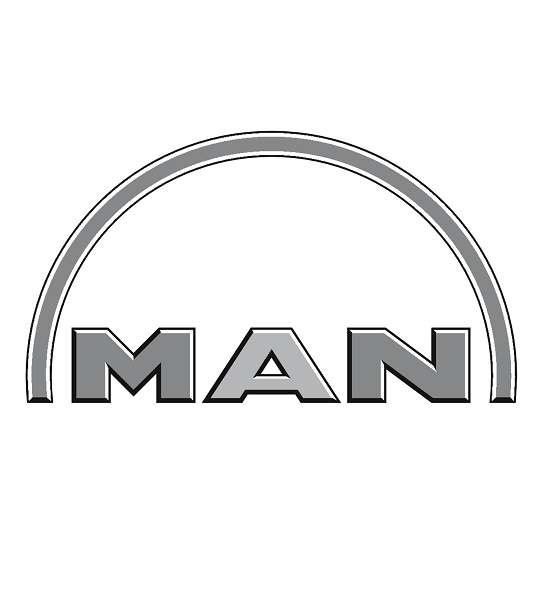


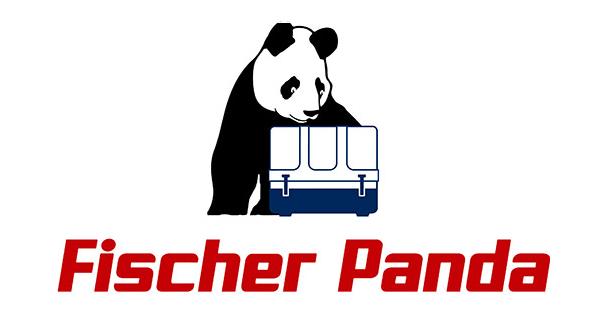


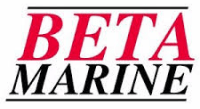



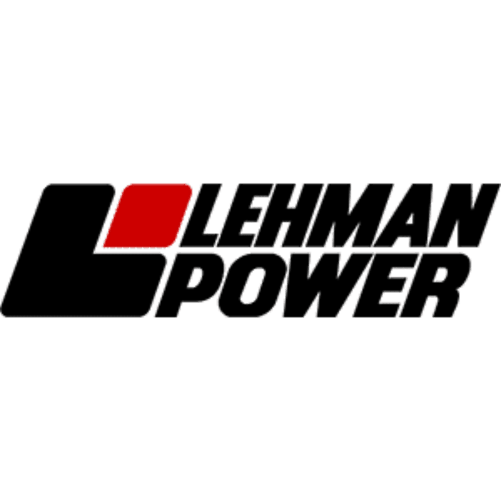
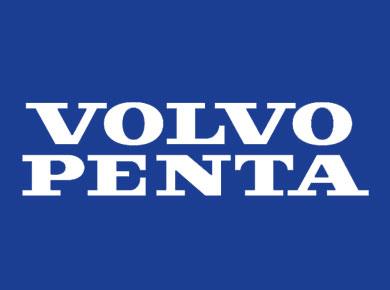
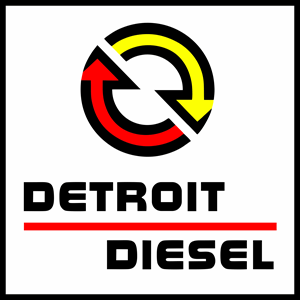
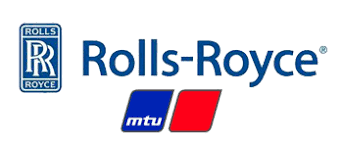


One Response